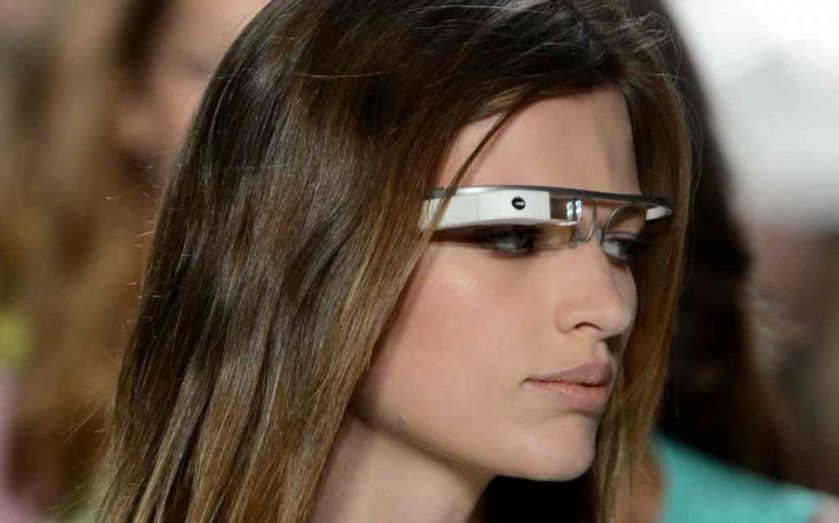Google stops selling Glass – but it’s “not dead”

Google has decided to give up its Google Glass programme, and will stop producing the Glass "in its present form", it has been reported.
The company has apparently decided to end its experimental Glass programme, but "is still committed to launching [it] as a consumer product", according to the BBC.
After months of testing, Google only launched the product on the open market in the US in 2013 and in the UK last year. It was heavily criticised, not only for its less-than-glamorous appearance, but also for its hefty $1,500 price tag.
But from next week, Google will stop selling the product, instead focusing on "future versions of Glass".
According to the report, the Glass team, which is currently in its experimental "Google X" division, will be spun-off into a separate team, reporting to Tony Fadell, chief executive of "internet of things" company Nest, which Google bought in 2012.
Select group
Glass was unveiled in 2012, when Sergey Brin, one of Google's co-founders, appeared at an event wearing one. But they were notoriously difficult to get hold of: Google cherry-picked Google Glass "explorers", choosing a select group of tech journalists, bloggers and celebrities to try out its product.
Thanks to zealous praise from fans of the Glass – including blogger Robert Scoble, who once said he "couldn't imagine a day without" his – the Glass rapidly built up popularity.
But Google chose to keep the product in its testing phase for months on end, causing those left out of the explorer programme to become frustrated.
Meanwhile, it was coming in for heavy criticism for other reasons: while some chose to mock its rather nerdy appearance, others claimed it invaded their privacy. In February last year, tech blogger Sarah Slocom was assaulted by locals in a San Francisco bar, who objected to her recording them.
Geek chic

(Source: Getty)
In an effort to address its image problem, Google launched a collaboration with Luxottica, the company behind Oakley and Ray-Ban. Later, it also collaborated with designer Diane Von Furstenberg, but despite a catwalk show in which models all wore Glasses, from mid-2014 onwards the gadget's star waned, as analysis from Google itself suggests: